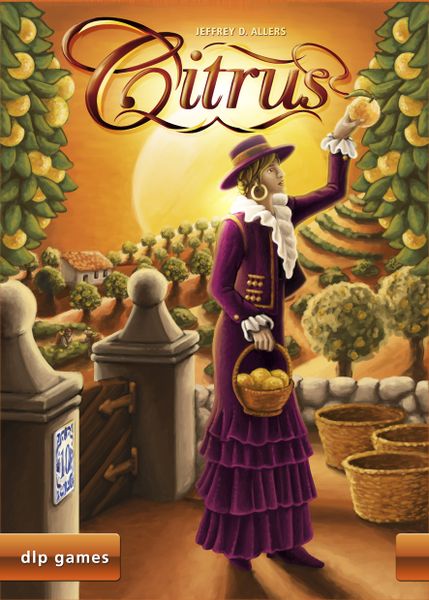Citrus (2013) Board Game
Citrus is a board game released in 2013 designed by Klemens Franz and Scott Hartman. Published by dlp games, Citrus falls under the categories of Economic, Farming, and Territory Building games. With a playtime of around 60 minutes, Citrus is suitable for players aged 10 and above and accommodates 2 to 5 players.
Game Components of Citrus
How To Setup Citrus
To set up the game, start by randomly placing four finca tiles on the board, marked with letters A, B, C, and D. Each player receives a starting capital of six money tokens and five worker markers. The market is populated with a random selection of citrus tiles. Special cards and bonus tiles are also placed according to the rules. Players then prepare their personal playing boards.
Gameplay Mechanics and Game Objective
Player Experience
Playing Citrus involves a simple yet strategic decision each turn: either buy and plant new orchards or harvest existing ones. As the game progresses, the board fills with colorful tiles, and players must navigate the market and special tiles to maximize their points. The game is engaging and visually appealing, making it fun to watch the orchards grow.
Pros
Cons
Personal Thoughts on Citrus
Citrus is perfect for fans of tile-laying games who enjoy strategic planning and resource management. It’s a great game for those who appreciate a blend of luck and strategy, and its colorful presentation makes it an enjoyable addition to any game collection. However, it might not be the best fit for players who prefer games with minimal luck or those looking for extremely complex rules. Overall, Citrus offers a fun and engaging experience that is easy to learn but challenging to master.
We are supported by our audience. When you purchase through links on our site, we may earn an affiliate commission, at no extra cost for you. Learn more.

